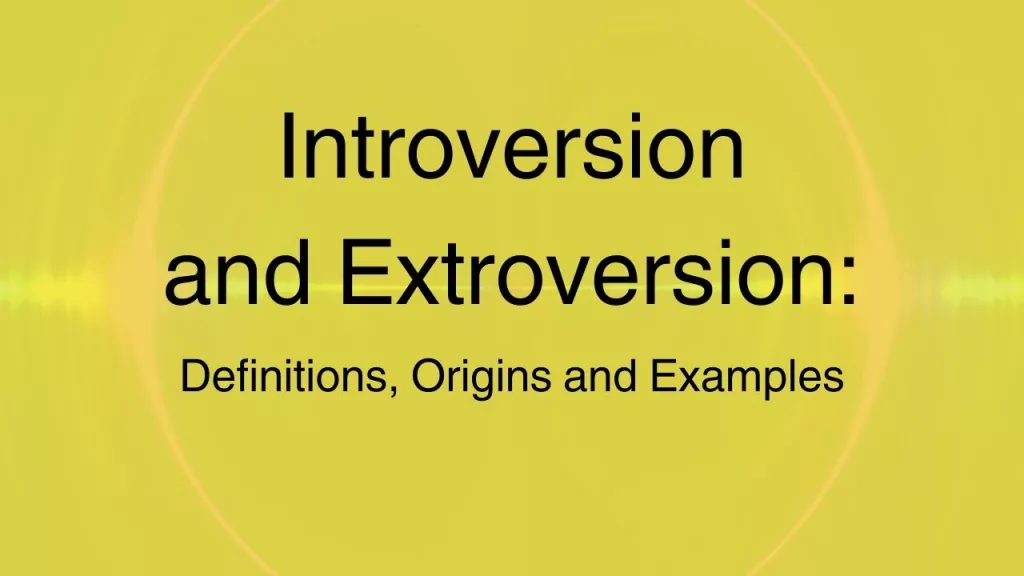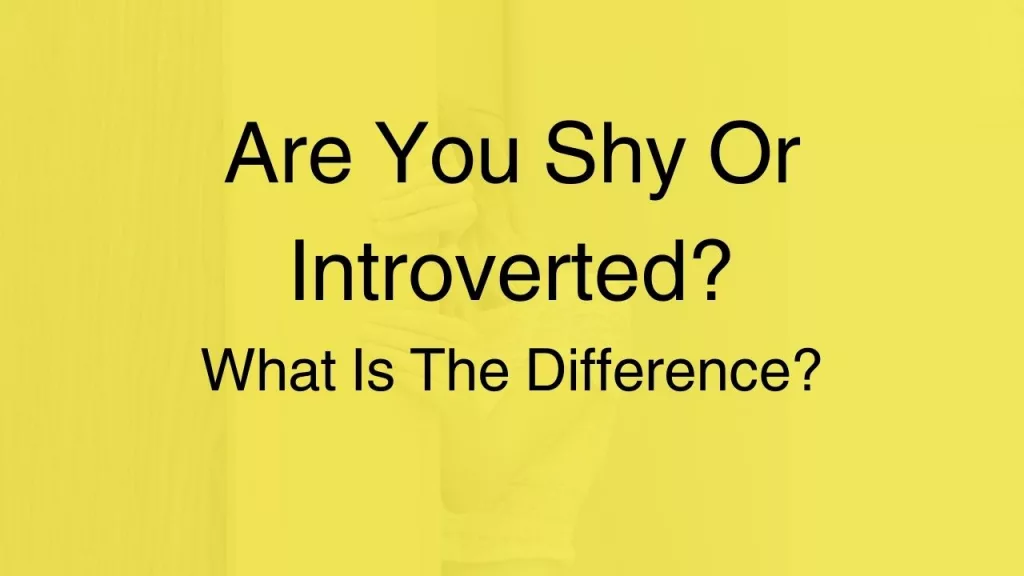The terms introversion and extroversion are used a lot in the modern world. But what do we mean when we call someone an introvert or extrovert?
What do introversion and extroversion mean?
The terms introversion and extroversion (also written as extraversion) were introduced into psychology by Carl Jung in the early 1900s and are now central to our understanding of human personalities.
The fundamental distinction between introverts and extroverts lies in the source of their energy. Extroverts tend to derive energy from social interactions and collaborative activities, whereas introverts recharge through solitude and quieter environments. This leads the two personality types to have a preference to be extrospective (to look outward – extroverts) or introspective (to look inward – introverts).
Beyond the surface-level definitions, each personality holds a plethora of common traits and characteristics.
Let’s explore this further!
What is an extrovert?
Extroverts gain their energy from others, particularly in social settings, with high stimulation and conversation. They tend to direct their interest outwards at their surrounding environment – they are more likely to think, feel and act in response to external factors – rather than internal ones.
An extrovert tends to:
- Enjoy social activities and socialising.
- Prefer larger groups of people.
- Be outgoing and talkative.
- Think out loud and make decisions quickly.
Extroverts can often be described as the life of the party. They are outgoing and lively and can capture others’ attention with ease.
What is an introvert?
An introvert gains energy from time alone, in quiet environments with low stimulation. They tend to focus attention inwardly on their thoughts and emotions – they are more likely to think, feel and act in response to internal factors rather than external ones.
An introvert tends to:
- Prefer alone time to social activities.
- Prefer smaller groups of people.
- Be more reserved and quieter.
- Think retrospectively (think before they speak) and take time to make decisions.
It is important to note that introversion is not a lack of extroversion. They are simply different. Introverts tend to be told they are shy and anti-social. While this characteristic is arguably more common among introverts, it is not definite.
What is the introversion and extroversion spectrum?
Everyone’s personality lies somewhere on the introversion and extroversion spectrum. This spectrum is used to classify personalities in terms of your position on the scale. The scale ranges from introversion to ambiversion (in the middle) to extroversion.
Your position on the spectrum can’t change – this is a predetermined point. However, as you age, gain experience and develop new skills and abilities, your personality can expand. As this happens, you can more easily adopt behaviours that are not typically associated with your usual tendencies.
A more in-depth article on this spectrum can be found in Positive Psychology’s article: Introvert vs Extrovert: A Look at the Spectrum & Psychology.
What are the key differences between introverts and extroverts?
There are a number of key differences between the two personality types. These include:
| Introverts | Extroverts |
| Gain energy from time spent alone. | Gain energy from time spent with others. |
| Prone to listening more than speaking. | Prone to speaking more than listening. |
| Introspective. | Extrospective. |
| More reserved | More energised |
| Prefers planning to spontaneity | Prefers spontaneity to planning |
| Tend to be good writers | Tend to be good speakers |
While the above is a good guide, it is not a definite or absolute list. Plenty of extroverts are amazing writers, great listeners and enjoy time alone, and plenty of introverts are great public speakers, good conversationalists, and enjoy socialising.
The difference returns to how someone gains their energy throughout the day.
Conclusion:
There are many differences between introverts and extroverts. Neither personality is better nor worse – they are simply different.
Understanding your personality is a great step to understanding your emotions and how you work best, both at work and in social situations. What is important to remember is that being introverted or extroverted is only one aspect of who you are. Knowing your personality type can help you to understand yourself better, but it does not define you or limit what you can do.



